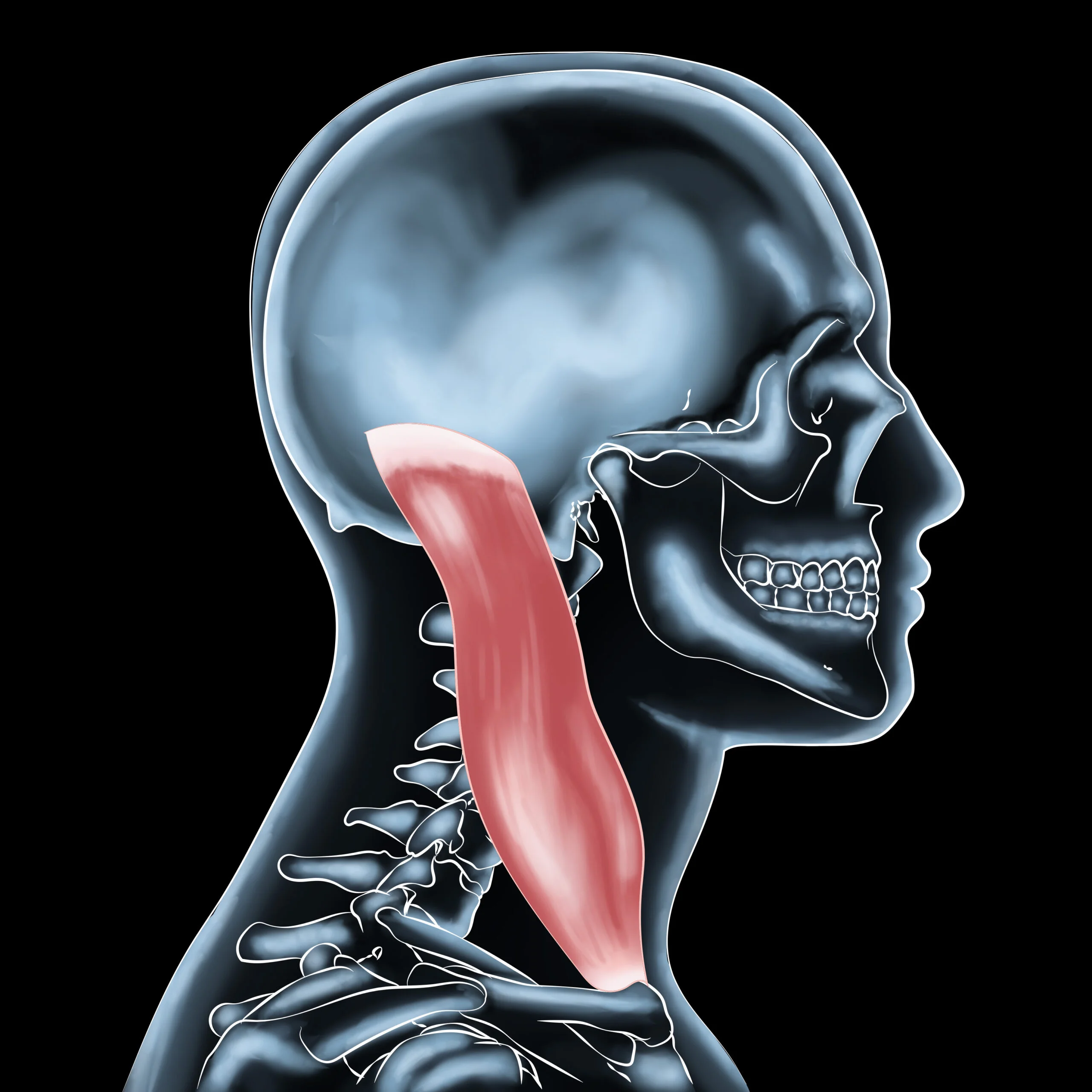Symptom – Are you experiencing Pain in Jaw?
Pain in the jaw can be caused by a variety of factors, including dental problems, temporomandibular joint (TMJ) disorders, and even stress. Some common symptoms of jaw pain include difficulty chewing, a clicking or popping sound when you open your mouth, and pain or discomfort when you open your mouth wide.
If you are experiencing jaw pain, it is important to speak with a healthcare professional to determine the cause and receive proper treatment. In the meantime, you may be able to find some relief by applying heat or ice to the affected area, avoiding hard or chewy foods, and practicing relaxation techniques such as deep breathing or meditation. It is also important to maintain good oral hygiene by brushing and flossing regularly and visiting the dentist for regular check-ups.
What causes Pain in Jaw?
There are many potential causes of jaw pain, including:
- Dental problems: Cavities, abscesses, gum disease, and tooth infections can all cause jaw pain.
- Temporomandibular joint (TMJ) disorders: These disorders affect the joint that connects the jaw to the skull and can cause pain, clicking or popping sounds, and difficulty opening and closing the mouth.
- Stress: Stress and tension can cause the muscles in the jaw to become tense and sore.
- Sinus infections: Inflammation and infection in the sinuses can cause pain and pressure in the jaw.
- Trauma: A blow to the jaw or other injury can cause pain and swelling.
- Arthritis: Osteoarthritis and other types of arthritis can affect the jaw joint and cause pain.
- Other medical conditions: Some medical conditions, such as fibromyalgia and multiple sclerosis, can cause jaw pain as a symptom.
If you are experiencing jaw pain, it is important to speak with a healthcare professional to determine the cause and receive proper treatment.
How to treat your Pain in Jaw?
Treatment for jaw pain will depend on the underlying cause of the pain. Some potential treatments for jaw pain include:
- Over-the-counter pain medication: Non-steroidal anti-inflammatory drugs (NSAIDs) such as ibuprofen and acetaminophen can help to reduce inflammation and relieve pain.
- Dental treatment: If the pain is caused by a dental problem, such as a cavity or tooth infection, your dentist will be able to recommend appropriate treatment.
- Physical therapy: A physical therapist can teach you exercises to help relax the muscles in your jaw and improve your range of motion.
- Relaxation techniques: Deep breathing, meditation, and other relaxation techniques can help to reduce stress and tension, which can contribute to jaw pain.
- Ice or heat: Applying ice or heat to the affected area can help to reduce inflammation and alleviate pain.
- Surgery: In some cases, surgery may be necessary to repair damaged jaw joints or to address other underlying issues that are causing the pain.
It is important to speak with a healthcare professional to determine the best treatment plan for your specific needs.
Ease discomfort through TMJ Massage in Sherwood Park for better mobility and relaxation.






